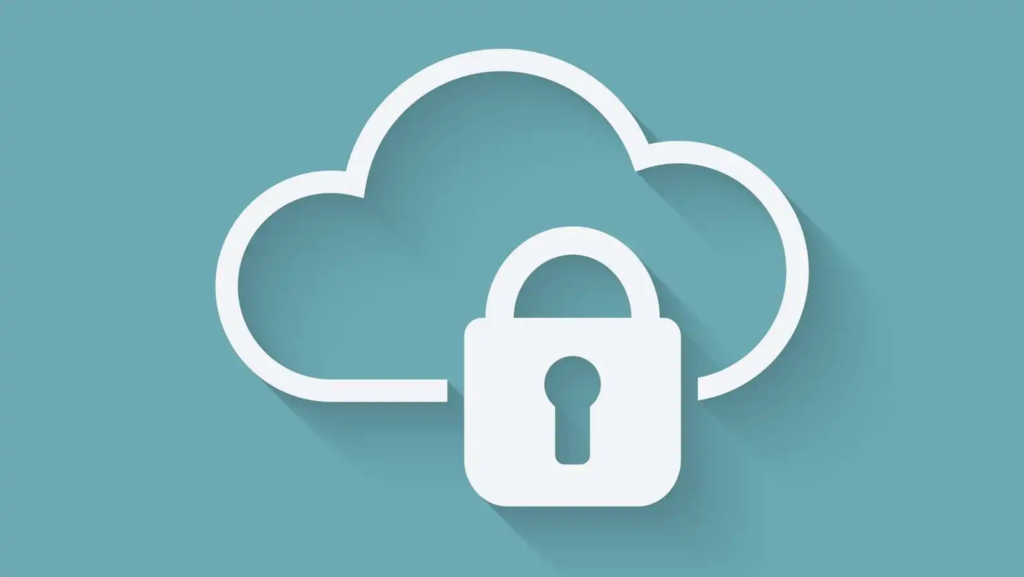In today’s digital era, cloud storage has become an essential component of business operations. While it offers numerous advantages, including cost efficiency, scalability, and remote accessibility, security concerns remain a significant challenge. Ensuring robust cloud storage security is crucial for protecting sensitive data and maintaining trust with clients. Here, we discuss best practices for securing cloud storage and why enterprises must prioritize these measures.
1. Understanding Shared Responsibility
One of the fundamental principles of cloud security is the shared responsibility model. This model delineates the security obligations of both the cloud service provider and the customer. While providers like AWS, Azure, and Google Cloud are responsible for the security of the cloud infrastructure, enterprises must secure their data and manage access controls. Understanding and adhering to this model is the first step toward comprehensive cloud security.
2. Data Encryption
Encrypting data both at rest and in transit is a critical practice. Encryption ensures that even if data is intercepted or accessed without authorization, it remains unreadable without the correct decryption key. Enterprises should use strong encryption standards such as AES-256 and ensure that encryption keys are managed securely, preferably using a dedicated key management service (KMS).
3. Access Controls and Identity Management
Implementing robust access controls and identity management practices is essential for securing cloud storage. This includes:
Multi-Factor Authentication (MFA): MFA adds an additional layer of security by requiring users to provide two or more verification factors to gain access.
Role-Based Access Control (RBAC): RBAC ensures that users only have access to the data and resources necessary for their role, minimizing the risk of unauthorized access.
Regular Audits and Reviews: Conducting periodic reviews of access permissions helps to identify and rectify unnecessary or outdated access rights.

4. Regular Security Audits and Compliance
Regular security audits and compliance checks are vital for maintaining cloud storage security. Enterprises should adhere to industry standards and regulations such as GDPR, HIPAA, and ISO/IEC 27001. These audits help identify potential vulnerabilities and ensure that the security measures in place are effective and up to date.
5. Implementing Data Loss Prevention (DLP) Solutions
Data Loss Prevention (DLP) solutions are designed to prevent sensitive data from being accessed, shared, or transmitted inappropriately. DLP tools can detect and block risky activities, enforce encryption, and provide alerts for suspicious behavior. Implementing DLP solutions helps mitigate the risk of data breaches and leaks.
6. Incident Response Plan
Despite the best preventive measures, security incidents can still occur. Having a well-defined incident response plan is crucial for minimizing the impact of security breaches. This plan should include:
Identification and Containment: Quickly identifying and containing the breach to prevent further damage.
Eradication and Recovery: Removing the cause of the breach and restoring affected systems and data.
Post-Incident Review: Analyzing the incident to understand what went wrong and implementing measures to prevent future occurrences.
7. Continuous Monitoring and Threat Detection
Continuous monitoring and threat detection are essential for identifying and mitigating potential security threats in real-time. Utilizing advanced security information and event management (SIEM) tools can help enterprises detect anomalies and respond to security incidents swiftly. Regularly updating these tools ensures they can detect the latest threats and vulnerabilities.
Conclusion
Securing cloud storage is a complex but necessary task for modern enterprises. By understanding the shared responsibility model, encrypting data, managing access controls, conducting regular audits, implementing DLP solutions, preparing an incident response plan, and continuously monitoring for threats, businesses can protect their sensitive data and maintain robust cloud security.
For professional assistance in enhancing your cloud storage security, visit www.acloud.ae. Our experts provide tailored solutions to meet your enterprise’s unique security needs. Secure your cloud environment today with aCloud.
